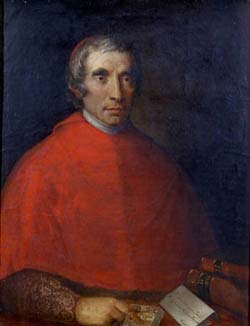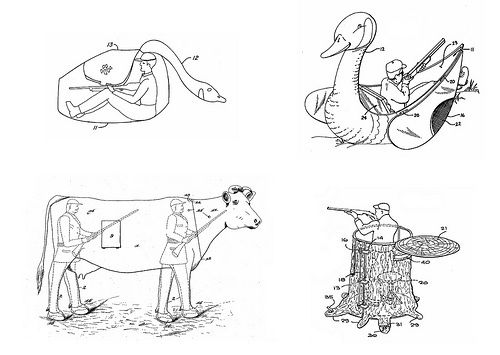
Giuseppe Caspar Mezzofanti (1774-1849) was keeper of the Vatican library and later a cardinal, but he’s best remembered for being a hyperpolyglot, a speaker of many languages.
How many? Estimates range from 24 (in 1805) to 114 (judged after his death). The true number probably lies somewhere in between, but it’s considerable–Byron called Mezzofanti “a monster of languages, the Briareus of parts of speech.”
A Russian traveler once asked Mezzofanti for a list of the dialects he had mastered, and the cardinal sent him the name of God in 56 languages. And Gregory XVI once arranged to have a polyglot group of students waylay him in the Vatican gardens: “[O]n a sudden, at a given signal, these youths grouped themselves for a moment on their knees before his Holiness, and then, quickly rising, addressed themselves to Mezzofanti, each in his own tongue, with such an abundance of words and such a volubility of tone, that, in the jargon of dialects, it was almost impossible to hear, much less to understand, them. But Mezzofanti did not shrink from the conflict. With the promptness and address which were peculiar to him, he took them up singly, and replied to each in his own language, with such spirit and elegance as to amaze them all.”
For another prodigious librarian, see Book Lover.




